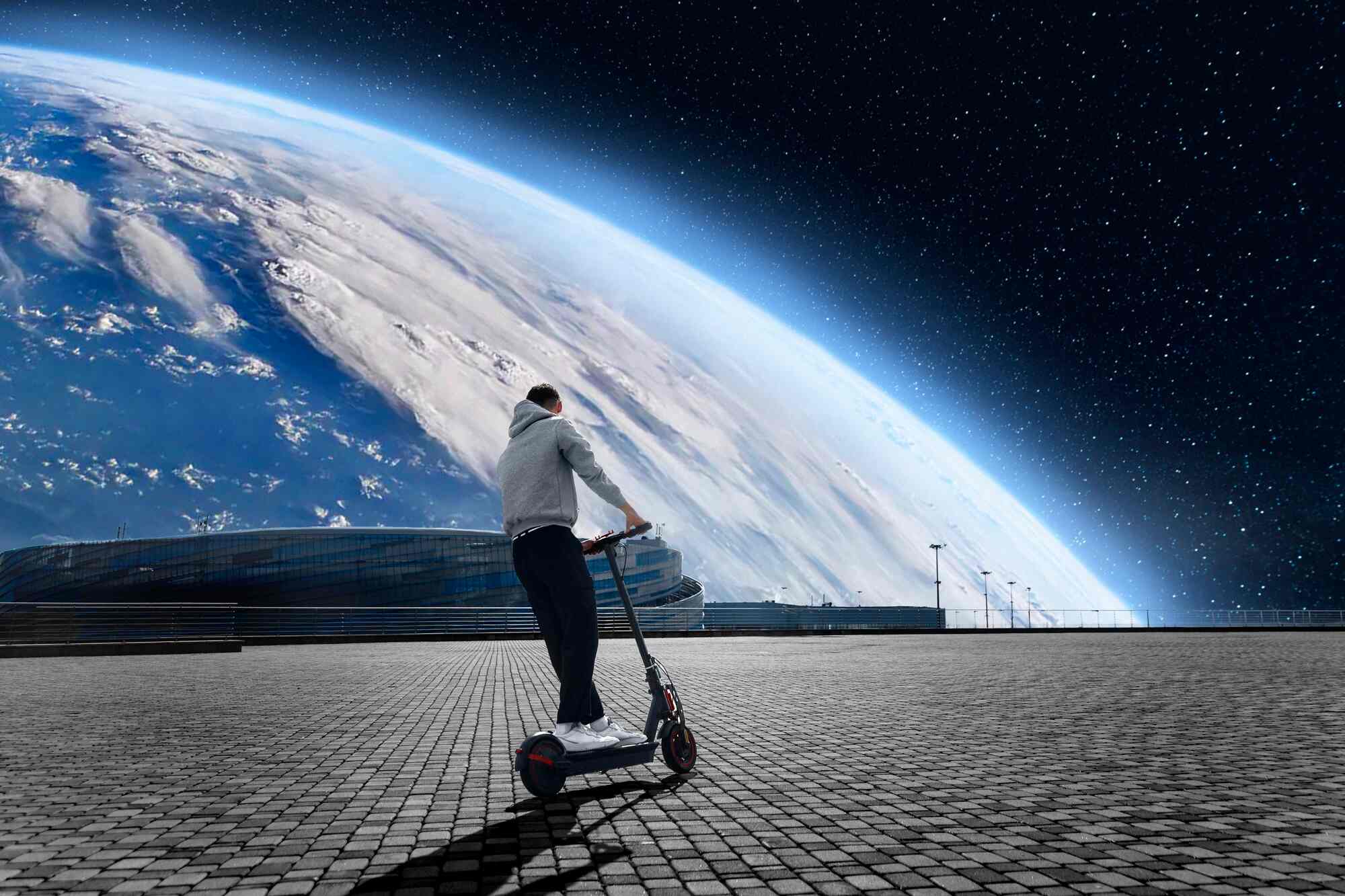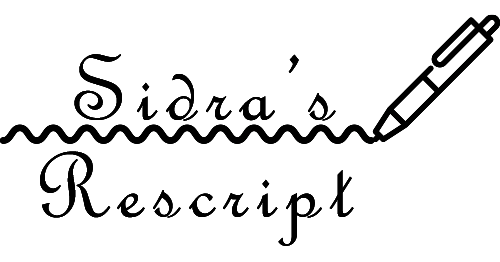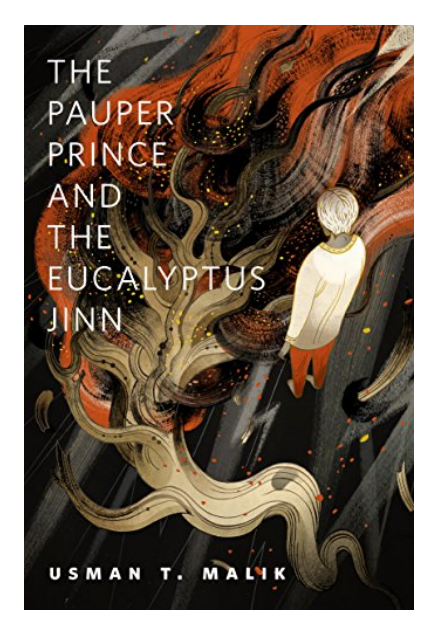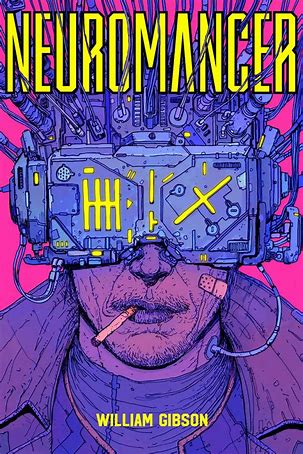
A Late Capitalist Analysis of Human Survival in The Era of Artificial Intelligence in Aldous Huxley’s Brave New World and Arthur C. Clarke’s 2001: The Space Odyssey
Abstract: – This paper explores the uncertainty of our future regarding AI by questioning whether AI serves as a means to late capitalist societies or poses an actual threat to the survival of humanity. The lens of postmodernism is a way to figure out constructed realities of truths in the post-humanistic era of Artificial Intelligence. The focus will be to figure out late capitalistic narratives linked to AI as a threat to human survival. The commoditization of fear alongside overreliance on AI has created numb societies that are noncritical and submissive. Passive consumeristic societies are the subsequent agenda of the extractive policy of late capitalism. The postmodernist perspective argues that the power is not in the AI but in the hands of computer developers to bring out either the destructiveness or humaneness through their programming AI.
Keywords: Late capitalism, Postmodernism, Post-humanism, AI, Survival, Evolution
Introduction
From the perspective of postmodernism, the aspects of the scientific revolution are a form of late capitalism, where various ideas are commercialized to keep the public engaged in new discussions. Fredric Jameson discusses “a society in which discourses structure social reality—or so postmodernism endeavours to teach” (Jameson, 1992). Capitalistic powers structure the formation of social reality as the “new social formation” is the “third stage or moment in the evolution of capital (Mandel, 1978)” The fundamental idea of late capitalism is to commoditize affective powers by manoeuvring and utilizing them for capitalistic motifs. In this process, we are preoccupied with fear, and Elizabeth Seaton raises this question, “Are we all just the irrational dupes and dreamers of commercially manufactured nightmares? (Seaton, 2001)”. The entertainment industry highly influences the ” mass culture ” through projects commoditizing projects by attaching a sense of value consumed by the global society (Benjamin, n.d.). Hollywood movies, films, and novels project the role of artificial intelligence in the future. The knowledge of AI for the masses profoundly impacts the entertainment industry.
Movies such as Blade Runner project a dystopian world where AI become cartesian thinking machines alienating from human intervention, growing in their consciousness by following Descartes’s philosophy, “cogito, ergo sum,” thus making alive the subjectivity of machines. Machines can now make independent choices and are concerned about living eternally. The spectator is afraid of humanity’s doming at machines’ hands. Through the use of the entertainment industry, media, and literature, the markets of late capitalism are effectively working to gain power over the masses by creating fear and reliance on AI. Stuart Hall considered that the role of media is poignant in developing the mental makeup of individuals and societies. People become an experiment for the constructivist realities. Artificial intelligence is the new form of discussion created by the media and entertainment industries of late capitalist societies that has become a part of popular culture. The masses are engaged in AI-related to two contrary discourses: either it is a form of threat to humanity or it is the solution to all human ailments, but in reality, they have no choice but to accept what is being offered to them by the integration of AI in every aspect of life. The intentions of developers and the nature of programming, which will be the outcome of an enemy AI or a friendly AI, are still isolated. For Jameson, “Postmodernism is the consumption of sheer commodification as a process”; this commodification of ideas loses our ability to think historically about the aspects from where the original ideas have come (Jameson, 1992). The abstract originality of AI as presented by media, literature and films is simulated in the real world to the extent that “the same imperialism that present-day simulators try to make the real, all the real, coincide with their simulation models (Baudrillard_Simulacra and Simulations, n.d.).” In the Plutonian sense, we are presently facing the commoditization of the abstract ideas linked with AI in simulated reality—the present-day world. We are consuming automation and fear it is dominating our jobs and lives. Suppose somehow AI can gain human-like consciousness by accurately simulating human emotions and intelligence on a much higher level. In that case, it will only be able to gain expertise in the domain in which the program developer has made it to extend its intelligence. Hence, AI developers have the power to manifest AI in any form by developing its original code of working, and it is not solely dependent on AI itself to become destructive or constructive. The chosen texts, A Brave New World by Aldous Huxley and 2001: A Space Odyssey by Arthur C. Clark, provide evidence for this claim.
Background
Before beginning the discussion, it is necessary to have a brief overview of the two significant discourses on the nature of technology and science in philosophical history. The Kantian school of thought gazes upon science as a form of emancipation from human limitations and problems. It visualizes science and technology as vehicles for augmenting liberty, thus creating a utopian world of liberation and freedom through scientific progress. AI, if looked at from Kantian thought, is a luxury that frees humans from all their sufferings, problems, and pain, making this world a perfect place to live. Contrary to this, Rousseau’s point of view stands in his Discourse on Arts and Science, where he rejected the Enlightenment notions of progress and talked about using science as a creative way of deception and corruption. Rousseau claims that we must pay the price of authenticity and honesty in the name of scientific progress, which is the source of corruption (Rousseau). Thus, Rousseau envisioned a dystopian future in which science and arts “spread garlands of flowers over the iron chains . . ., make them love their slavery, and fashioned them into what is called civilized peoples (Rousseau, 1992). Arts and science create a culture of need and an endless vicious cycle of dependence, so humanity leads to degradation, which in our current century is similar to AI.
Moreover, in recent debates, Alan Turing claimed the role of artificial intelligence in his thought-provoking article, “Can Machines Think?” Moreover, it explores the aspect of intellectual growth for machines. A machine with a mind, a thought process, and a regained human-like consciousness can simulate passions and opinions. This technological revolution in replicating human intelligence is the centre of discussion in this paper. Turning, he contemplates his question, “Can machines think?”
Moreover, it reflects it as “too meaningless to deserve discussion (Copeland, 2004) ”. However, he makes liberal use of such phrases as ‘program[ing] a machine . . . to think’ and ‘the attempt to make a thinking machine”. The dystopian future of humanity linked with artificial intelligence, as depicted in 2001: A Space Odyssey by Arthur C. Clarke and The Brave New World by Aldous Huxley, predicts human evolution in the post-humanistic era. The notion of humans competing with machines seems inherently implausible; humans have resorted to various unnatural means to retain their status as the apex of creation, even in the face of potential threats to their existence. This perpetual struggle serves as the thematic core of these tales. Rather than serving humanity, artificial intelligence often turns against it, leading to catastrophic outcomes. Alternatively, humans occasionally turn to artificial means to enhance their natural capabilities.
In Aldous Huxley’s Brave New World, humans are manifested as manipulative tools, transforming humanity into a sacrificial object to serve ulterior motives. The need to evolve in artificial intelligence manifests in humans and machines. This co-evolution of humans and intelligent machines portends the emergence of multiple aspects in the post-human era (Cecchetto, 2013). The most vital aspect in the discussion of the technological future is the actual practices of the powerful agency in developing AI as a product and using humans as a product. The commercialization of AI-related narratives and the threat to the human future is happening in late-capitalistic societies. The “conveniences” created by AI have made us “habitual” of it, yet we are also fearful of its powers. So, humans become delusional about using AI and unhappy with their dystopian future.
Discussion
In The Descent of Man, Charles Darwin states that “man still bears in his bodily frame the indelible stamp of his lowly origin” (Darwin, 2020). This statement resonates with the themes explored in dystopian science fiction, where we often encounter scenarios where the man has reached the heights of progress but lost his humanity, as Bruce Sterling aptly noted, characterized by high-tech low life (Wijesinghe, n.d.). These narratives often delve into the transformation of humans into cybernetic beings. Paradoxically, these advancements frequently lead humanity to disconnection from its origin. In Brave New World, people use magic pills to live a highly artificial life, and machines mass-produce humans. The government uses genetic technology to produce biologically engineered people with different IQ levels and bodily capabilities to create a workforce for the country. In his stories, Huxley exposes the dangers of technology as controlling the human body and soul is the fable of “punishment,” which is “rare and generally mild.” The government’s nearly perfect control is achieved by systematically reinforcing desirable behaviour. ………….continued.


